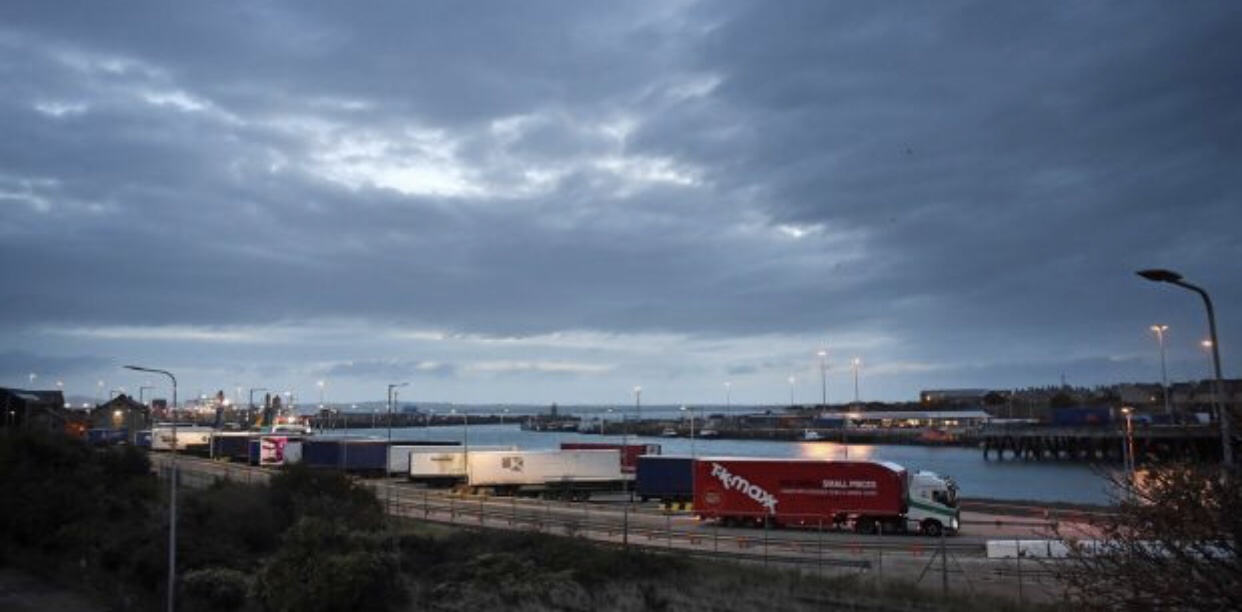Irish firms are struggling to prepare for life after Brexit
Another inconclusive EU summit. Irish businesses have faced the uncertainty of Brexit since the vote in the summer of 2016 but, more than two years on, the date of the UK’s departure is getting increasing close. And there is still no clarity on what is going to happen.
To make planning even more difficult, the range of possible outcomes is wide. The clarifying issue is the transition period. If a withdrawal agreement is finalised, the transition period – a standstill on current trading arrangements between the EU and UK– will commence once the UK leaves next March.

The current terms of the withdrawal agreement see this extending to the end of December 2020, though there are now suggestions that this could be extended.
In turn, this could point to a future trade deal between the EU and the UK in the long term. Even if the likely terms of this remain uncertain, it removes some of the threats for Irish companies. This is as close to a sunny scenario as Irish business can get.
But the nightmare scenario is also possible. If the two sides fail to conclude a withdrawal agreement, then the UK will crash out next March and, crucially, there will be no transition period. New trading arrangements and regulations affecting every sector will come into force overnight. No matter what preparations are made for this, it threatens to be chaotic.
Irish business leaders continue to believe that an agreement will be done. “ We are confident that we will see a deal – it is in no-one’s interest to have a no-deal exit,” said Fergal O’Brien, head of policy at Ibec, the business representative group. “ The most important thing for businesses is to finally get the risk of a no deal off the table.”
Even after the lack of progress at the latest summit, “it is still inconceivable a deal won’t be done”, said Ian Talbot, chief executive of Chambers Ireland, the umbrella body for chambers across the country. “The November council meeting not being confirmed doesn’t mean it won’t happen. But it could still be delayed until December, too. Or even next year.”
And businesses in the North, loath to jump into the political maelstrom for so long, are also speaking out. In a move seen as highly significant by official sources in Dublin, a letter was sent to the UK prime minister this week by Trevor Lockhart, the chairman of the Confederation of British Industry in Northern Ireland and signed by 21 business groups representing all the main sectors.
It pointed out that last December the EU and UK had committed to ensuring that any deal would not disadvantage the North’s economic interests.
“That was a commitment,” according to the letter. “ However, there is now grave concern within the business community that in a ‘no-deal’ situation, the UK Government would not be bound by these special undertakings, and Northern Ireland would suffer as a result.”
The North’s businesses are now clearly getting engaged in the political process. The key question is what impact this will have on the political process and particularly on the DUP, the largest party in the region.
Businesses North and South will now be closely watching the smoke signals over the next few weeks. Sources suggest that the EU and UK are likely to keep pushing for a compromise solution on the crunch issue of the Border backstop, the legal guarantee that there would be no hard border on the island no matter what the outcome of future trade talks.
Irish firms are struggling to prepare for life after Brexit
Source: Irish Times
You must be logged in to post a comment.